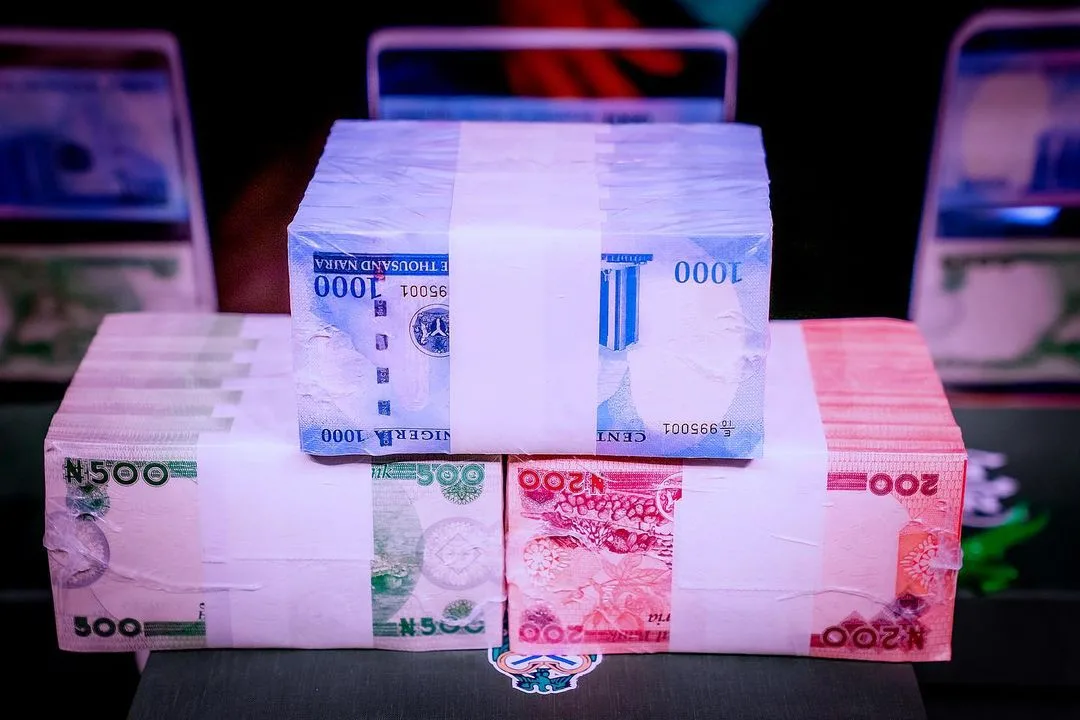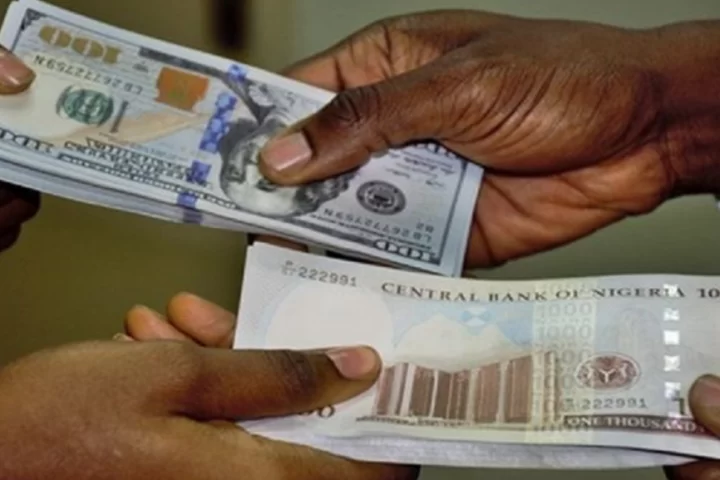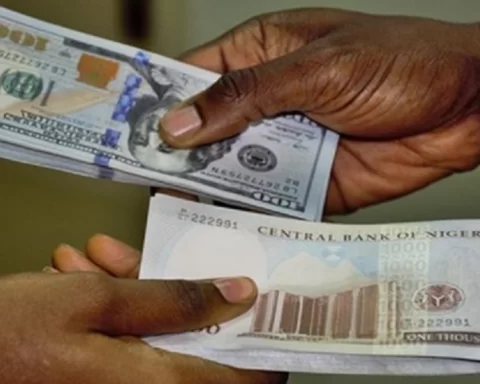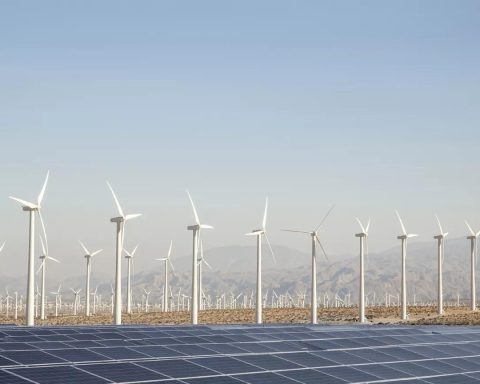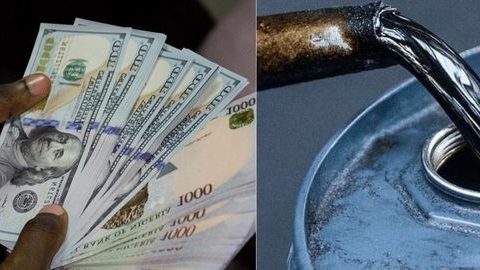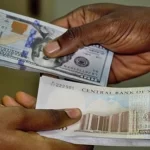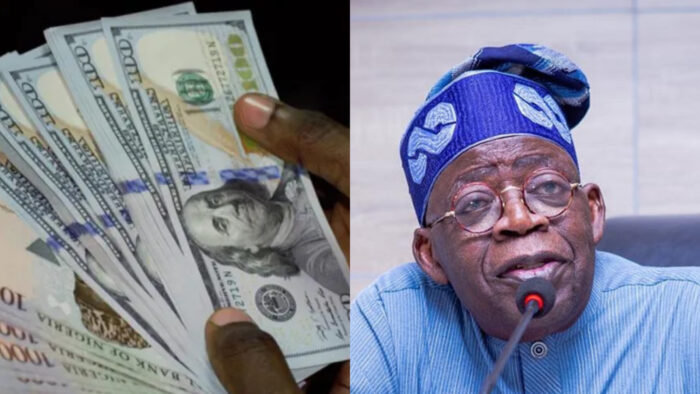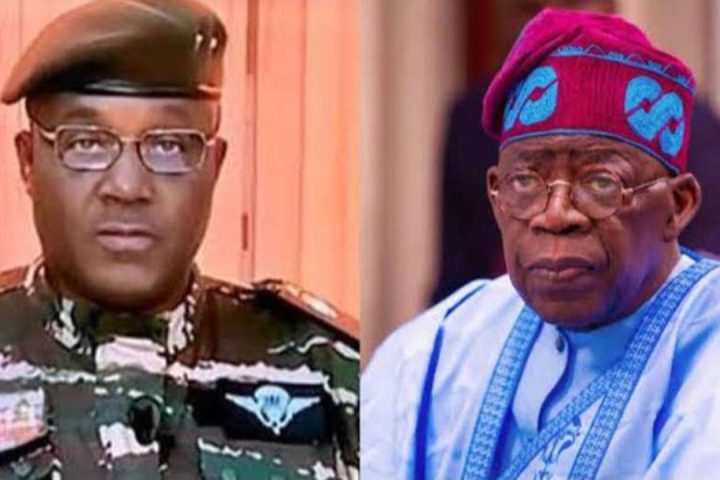For many Nigerians, the naira is more than just a currency; it is a symbol of national identity and economic survival. Yet, in recent years, its journey has mirrored the struggles of the Nigerian economy. With the naira losing more than two-thirds of its value in just 18 months, conversations about its worth, significance, and future are at the forefront of national discourse.
“We used to believe the naira was strong,” says Adelana Adewale, a trader in Oshodi, Lagos. “Now, we see its struggles in our daily lives. Everything is expensive, and we don’t know what the future holds.”
Join our WhatsApp ChannelThis feature explores the naira’s role in the lives of everyday Nigerians, blending personal stories with expert analysis to understand how this currency reflects the challenges and resilience of the Nigerian people.
What Does the Naira Represent to Nigerians?
The naira is more than a medium of exchange; it is a source of pride and a measure of the nation’s economic stability. Yet, its current state, marked by inflation, exchange rate disparities, and dwindling purchasing power, has left many Nigerians grappling with uncertainty.
“Each time the naira falls, it’s like we’re losing a part of our dignity,” says Ngozi Ude, a schoolteacher. “Salaries remain the same, but the prices of food, transport, and even education keep going up. It’s a struggle every day.”
The emotional and practical implications of the naira’s value are profound. Many Nigerians view the currency’s instability as a reflection of broader economic mismanagement and structural weaknesses in governance.
The Decline of the Naira: Experts Weigh In
Dr. Olayemi Cardoso, current Governor of the Central Bank of Nigeria(CBN), argues that the naira is heavily undervalued. “The gap between the official and parallel market rates shows systemic inefficiencies. Addressing this misalignment requires bold reforms, such as unifying exchange rates and boosting forex reserves.”
Cardoso further explains that the perceived undervaluation is not just about exchange rates. “Our overreliance on oil, high inflation, and inadequate productivity are significant factors. To restore the naira’s true value, we must focus on diversifying the economy and building investor confidence.”
His insights resonate with other experts, including international finance analyst Ifeanyi Eze, who emphasises the need for a market-driven approach. “The naira’s woes stem from policy inconsistencies and a lack of transparency. We need structural reforms that address foundational issues, not just temporary fixes,” Eze states.
READ ALSO: Why Naira Will Hit N1,804/$1 By 2025 – Report
Everyday Nigerians Share Their Struggles
For millions of Nigerians, the declining value of the naira translates into daily hardships. Small businesses, like those owned by Joy Mark, a food vendor, are particularly vulnerable.
“Prices change every week,” Usman laments. “What I buy for N500 today may cost N700 tomorrow. Customers don’t understand; they think we are trying to cheat them. But it’s the naira that’s losing value.”
Similarly, young professionals like Adaobi Nwosu, an IT consultant, express frustration over how the currency’s instability affects long-term plans. “It’s hard to save or invest when you don’t know what your money will be worth in a year. The uncertainty is draining,” she says.
What Can Be Done to Stabilise the Naira?
The path to restoring the naira’s value is challenging but not impossible. Experts advocate for a combination of structural reforms, transparent policies, and increased economic productivity.
“One of the first steps is to unify the exchange rates,” says Dr. Cardoso. “Having multiple rates creates inefficiencies and opportunities for exploitation. A single, market-driven rate would bring stability and attract foreign investment.”
Eze adds, “Reducing dependency on imports is another key strategy. By boosting local production, especially in sectors like agriculture and manufacturing, we can create a more resilient economy.”
At the same time, inflation control measures, such as tightening monetary policy and addressing fiscal deficits, are critical. “Inflation erodes purchasing power and confidence in the naira. Controlling it is essential for stability,” Eze concludes.
The Naira and the Spirit of Resilience
Despite the challenges, the Nigerian spirit remains unbroken. Many citizens find ways to adapt and thrive, even in the face of economic adversity.
“The naira may be weak, but Nigerians are strong,” says Ngozi Ude. “We have survived tough times before, and we will survive this too.”
A Call for Action and Hope
The naira’s struggles reflect deeper issues within the Nigerian economy, but they also highlight the resilience and resourcefulness of its people. Addressing the currency’s challenges requires bold, comprehensive reforms that align with the nation’s economic realities.
For everyday Nigerians, the naira represents more than money; it symbolises their hopes, struggles, and aspirations. As Ngozi Ude says, “The naira’s value is our value as a nation. We need to fix it, not just for today but for the future of our children.”
Emmanuel Ochayi is a journalist. He is a graduate of the University of Lagos, School of first choice and the nations pride. Emmanuel is keen on exploring writing angles in different areas, including Business, climate change, politics, Education, and others.
- Emmanuel Ochayihttps://www.primebusiness.africa/author/ochayi/
- Emmanuel Ochayihttps://www.primebusiness.africa/author/ochayi/
- Emmanuel Ochayihttps://www.primebusiness.africa/author/ochayi/
- Emmanuel Ochayihttps://www.primebusiness.africa/author/ochayi/

